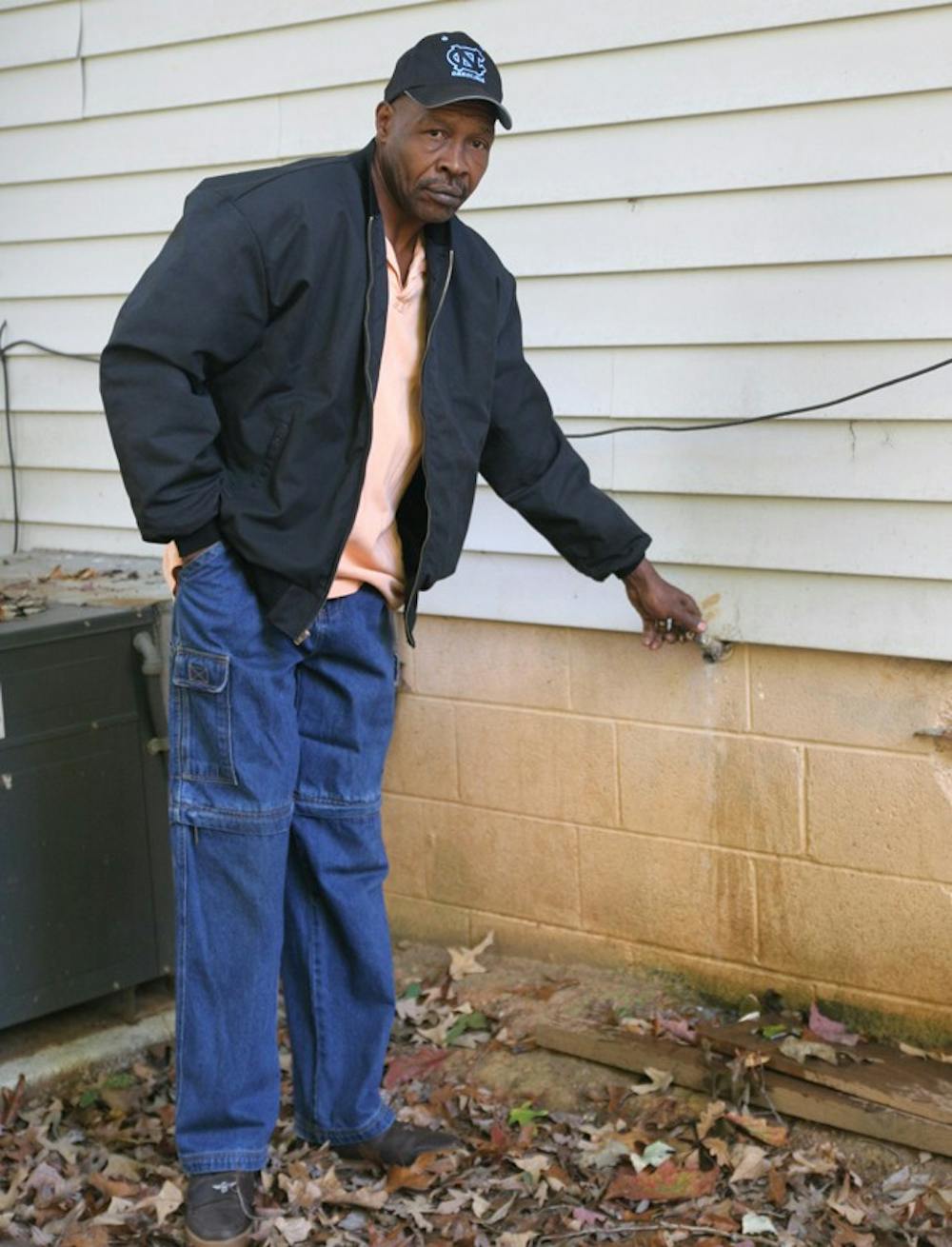Henry Johnson’s children refuse to drink the water that flows under their house on Rogers Road.
“We have had to drink bottled water ever since the kids found out the water is contaminated,” Johnson said. “They don’t want to drink it.”
Johnson was recently chosen as one of eight potential recipients of a $75,000 community development block grant to connect houses in the Rogers Road community to public water lines. The historically black and low-income neighborhood does not have access to town’s municipal services because it is not within the town’s boundaries.
If the state grant application is denied, the county has no stated future plans for the Rogers Road community regarding public water access, Orange County Housing and Community Development Director Tara Fikes said.
An Orange County Health Department survey earlier this year revealed that nine of 11 wells in the Rogers Road community are contaminated and do not meet Environmental Protection Agency standards.
The findings followed a 2009 survey by the UNC Gillings School of Global Public Health that found evidence of fecal contamination and E. coli bacteria in the drinking water.
“The water needs to be fixed if it ain’t safe,” said Johnson, who has lived in the community for three years.
“I can’t afford to build my own well. I’m just trying to do the right thing.”
The Rev. Robert Campbell, co-chairman of the Rogers-Eubanks Coalition to End Environmental Racism, and David Caldwell, the Rogers-Eubanks Neighborhood Association project director, have been working to get the community connected to public water service since 2007.



